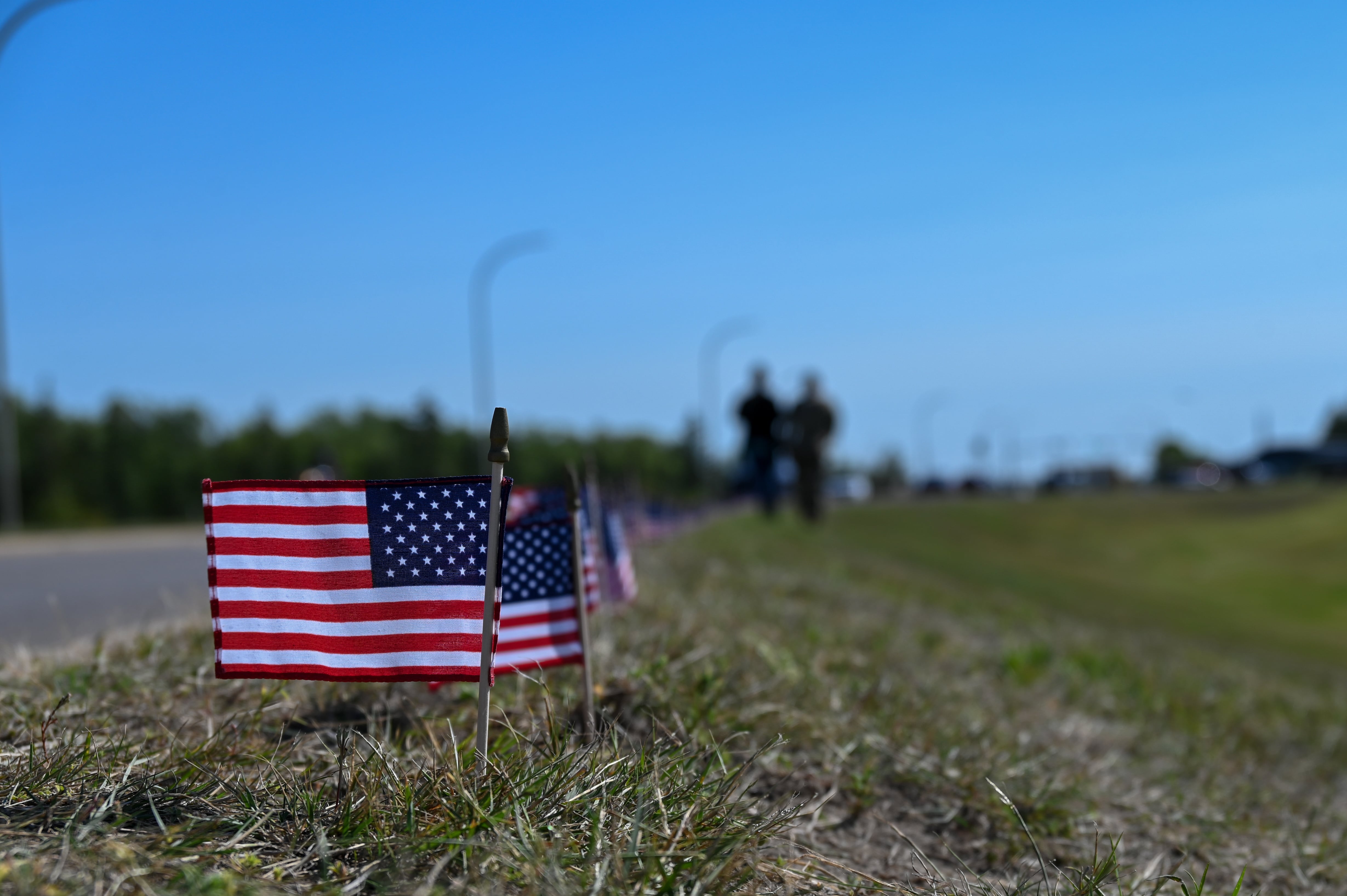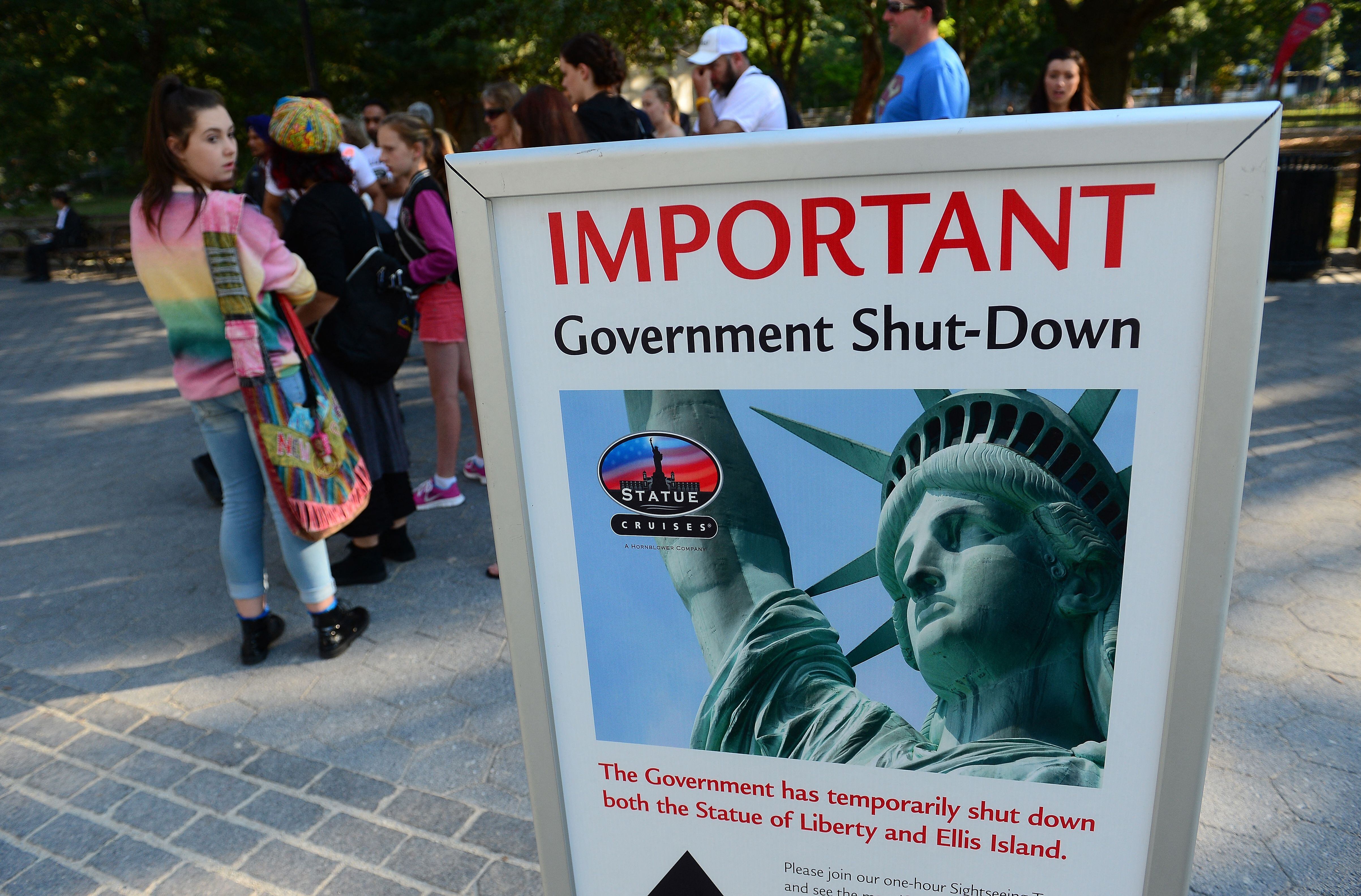WASHINGTON — Iraqi Kurds, who field one of the most effective ground forces fighting Islamic State militants, are urgently asking the U.S. to help ease their budget crisis made worse by slumping oil prices and 1.8 million people who have fled fighting in Iraq and Syria.
Officials from the Kurds' semiautonomous region of northern Iraq told The Associated Press on Thursday that without help from the U.S. or its allies, the Kurds' fighting force, known as the peshmerga, will be hampered in their fight against IS.
"Sustaining this costly war against ISIS, caring for 1.8 million refugees and displaced persons with the current drop in oil prices are not things that we can sustain," Falah Mustafa Bakir, who heads the Kurdistan Regional Government's foreign relations department, said in an interview with the AP, noting that the peshmerga have not been paid salaries since August 2015.
Bakir, Bayan Sami Abdul Rahman, Kurdistan Regional Government's representative to the United States, and other Kurdish officials are meeting with U.S. officials at the White House, Pentagon, State Department and Congress.
Bakir said he was asking the Pentagon to help cover expenses of the Kurdish fighters, who with the backing of U.S.-led airstrikes have retaken significant territory from IS in northern Iraq. It costs about $2 billion a year to pay the essential expenses and salaries of the Kurdish fighters, he said.
The Kurds, who have their own government in Iraq's semi-autonomous north, hope the State Department or USAID could offer Kurdistan money to provide assistance to the refugees and Iraqis displaced by the war, which the World Bank has estimated to cost $1.4 billion.
"Nobody has said yes, but there are sympathetic," Bakir said. "They are taking this issue seriously, trying to see how and what kind of help they will be able to offer."
Col. Steven Warren, chief spokesman for the U.S. military in Baghdad, said that the U.S.-led coalition allocated more than $2.3 billion to Iraq to train and equip more than 16,000 Iraqi security forces and provide equipment to the peshmerga.
In a visit last month to Kurdistan, Defense Secretary Ash Carter said the next major shipment to the Kurds, which is slated for late February and early March, will include two brigades' worth of equipment to help recapture the Iraqi city of Mosul from IS. "Our equipment is going to make that possible," Carter said.
Denise Natali, an expert on Iraq at the National Defense University, said the Kurds need to be applauded for fighting IS and caring for hundreds of thousands of refugees. But she said internal reforms are needed because fiscal mismanagement, corruption and government bureaucracy are also at the root of some of Kurdistan's financial woes.
"Some of this is their own doing," she said, adding that some financial problems predate the fight against IS. "They made billions of dollars. Where did all the money go?"
In December 2014, the Iraqi government reached a deal with the Kurds to exchange oil from the autonomous region for a nearly 20 percent share of the national budget. The agreement stipulated that the Kurdish government would release 550,000 barrels of oil every day to the Iraqi oil ministry.
In exchange, the Kurds were to receive the 17 percent share of the national budget allocated to their region, plus installments of as much as $1 billion to boost the capabilities of peshmerga fighters battling IS. Bakir said that earlier in 2014, Baghdad cut the stake earmarked for the Kurdish region. The Iraqi government in Baghdad says it cut the money after the Kurds began transporting oil from fields inside the autonomous zone directly to Turkey.





